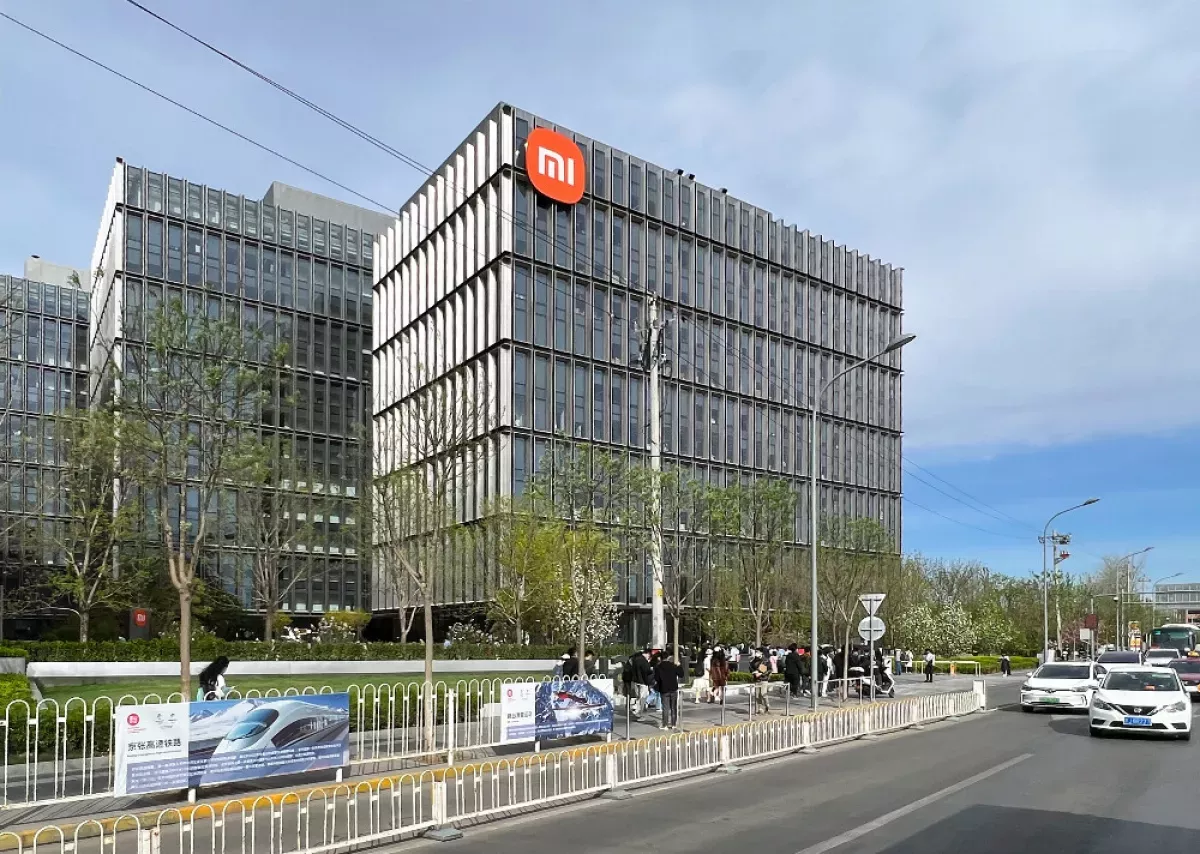Xiaomi is a Chinese multinational technology corporation headquartered in Beijing, known for its consumer electronics, software, and electric vehicles. As of 2025, it is the third-largest smartphone vendor globally, with most devices running on Xiaomi HyperOS. It's ranked 338th on the Fortune Global 500 and is recognized as the youngest company on the list, often referred to as the 'Apple of China'.
2018: Xiaomi becomes top-selling brand in Russian online stores
Since 2018, Xiaomi has been the top-selling brand in Russian online stores.
January 2021: US government names Xiaomi as military-linked company
On 14 January 2021, the United States federal government, towards the end of Donald Trump's presidency, designated Xiaomi as a company "owned or controlled" by the People's Liberation Army, prohibiting American investment in the company.
February 2021: Xiaomi files lawsuit against US government
In February 2021, Xiaomi filed a lawsuit with the United States District Court for the District of Columbia, challenging its designation as a military-linked company.
March 2021: Federal court blocks investment ban on Xiaomi
On March 12, 2021, a federal court blocked the investment ban on Xiaomi, expressing skepticism about the government's national security concerns and calling the blacklisting "deeply flawed."
May 2021: Xiaomi reaches agreement with US Department of Defense
In May 2021, Xiaomi reached an agreement with the United States Department of Defense to remove the designation of the company as military-linked.
September 2021: Lithuania urges citizens to dispose of Xiaomi phones
In September 2021, the Lithuanian Ministry of National Defence advised citizens to dispose of Chinese-made mobile phones, particularly Xiaomi, due to alleged built-in censorship capabilities. Xiaomi denied these accusations, stating that it does not censor communications and complies with European data protection regulations.
April 2022: India's Enforcement Directorate seizes Xiaomi assets
In April 2022, India's Enforcement Directorate seized assets from Xiaomi as part of an investigation into violations of foreign exchange laws. The asset seizure was subsequently put on hold by a court order, but later upheld.
May 2022: Indian court lifts freeze on Xiaomi assets
In May 2022, an Indian court lifted the $725 million freeze on Xiaomi assets by federal agencies.
July 2022: Xiaomi leads Russian smartphone market
In July 2022, Xiaomi and its sub-brand POCO together held 42% of the Russian smartphone market, ranking first in terms of sales.
April 2023: Ukraine lists Xiaomi as 'international sponsor of war'
On 13 April 2023, Ukraine's National Agency on Corruption Prevention listed Xiaomi Corporation and 13 Xiaomi senior executives on the agency's list of "international sponsors of war" because the company continued its business in Russia after Russia's invasion and remained a leader in smartphone sales there.
September 2023: Finnish carriers halt sales of Xiaomi products
On 21 September 2023, some of Finland's mobile carriers (Telia, DNA, and Elisa) halted the sale of Xiaomi Technology products due to the company's ongoing business activities in Russia.
July 2024: Lei Jun reveals reason for Xiaomi entering EV market
In July 2024, Xiaomi CEO Lei Jun said that the sanctions list announced by the United States in January 2021 was the reason Xiaomi decided to build cars and set up the Xiaomi electric vehicles company.
Mentioned in this timeline
Ukraine is a country in Eastern Europe the second-largest on...

Google LLC is a multinational technology company specializing in online...

Samsung Group is a South Korean multinational conglomerate the largest...

Sony is a Japanese multinational conglomerate based in Tokyo Its...

Microsoft an American multinational technology corporation headquartered in Redmond Washington...
India officially the Republic of India is a South Asian...
Trending

13 minutes ago Larson and SVG collision leads to wreck in NASCAR Atlanta race.

14 minutes ago Chastain and Hill Collide on Final Lap at Atlanta's O'Reilly Race

14 minutes ago Hocevar Admits Fault in Logano Incident, Hamlin Involved in Atlanta NASCAR Crash

14 minutes ago Tiger Woods eyes Masters return, not ruling out participation, Scheffler favored in 2026.

15 minutes ago Jayson Tatum's Injury Status Updates, Return Date Still Unknown Amid Celtics Practice

1 hour ago Sebastian Korda Dominates Tommy Paul to Win Delray Beach Open Trophy.
Popular

Jesse Jackson is an American civil rights activist politician and...

Barack Obama the th U S President - was the...

Bernie Sanders is a prominent American politician currently serving as...

Michael Joseph Jackson the King of Pop was a highly...
WWE Raw a professional wrestling television program by WWE airs...
The Winter Olympic Games a major international multi-sport event held...
